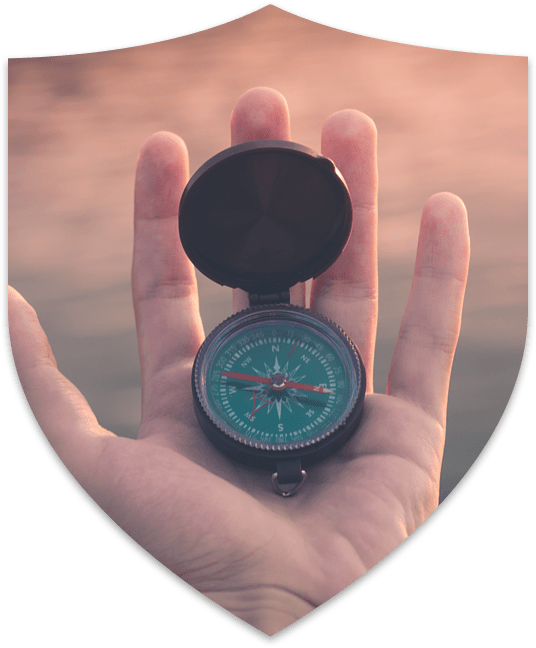
Community Resources
This is where you’ll find information on How to Talk about Mental Health as well as our streams, video playlists, and social media. If you’re looking for additional resources, please look at our Mental Health Resources, Expert Content, and Licensed Mental Health Providers List sections.
Jump to Section
Mental Health Tips
- Self-care matters. Self-care and wellness are two cornerstone principles of Take This and our outreach efforts. We ask that in all of your streaming activities, especially prolonged streaming efforts, you visibly and overtly practice self-care (e.g., taking breaks and eating) as an example for the viewing public.
- Validation matters. Expect that people will talk about their mental health when you are streaming for us. Please validate their concerns and struggles in an empathic manner, and then offer our mental health resource page (see below).
- Language Matters. What we say, and how we say it, matter a lot to people experiencing mental health challenges. It’s easy to use mental health terms in common language, not being aware that they can shame and impact people challenged by these conditions.
- Example: “This is unbelievable.” vs. “This is insane.”
- Example: “I’m really picky.” vs. “I’m so OCD.”
- Label the diagnosis, not the person. We are all people first. Our mental health does not define us, positively or negatively. To that end, generally avoid identifying or labelling a person as their diagnosis, or with that identifier. Mental health diagnoses are only one part of a person, not their whole identity, and our language should reflect that.
- Example: “People with mental health challenges.” vs. “Mentally ill people.”
Being an advocate versus being a professional
This is often a matter of some confusion. Please see our article on this topic. We also have a handy graphic.
Facts on Mental Health
- An estimated 1-in-2 Americans will be diagnosed with a mental health condition in their lifetime.
- Approximately 1-in-5 will be diagnosed in a given year.
- The most common types of diagnoses in the US are anxiety disorders, of which there are many types.
- 50% of lifetime cases of mental health conditions begin by age 14, and 75% by age 24.
- Nearly 4 out of 10 people with major depressive disorder did not receive treatment in 2016
- Of those with mental health diagnoses, 94% are generally able to function in their daily lives, especially with proper support, though some with more effort than others.
- Trust and a good working relationship with your therapist is a major factor in positive outcome.
Resource Guide
- Take This mental health resource page (crisis and emotional support lines, ways to find a therapist, and other self-care resources)
- How to find a therapist (article and flowchart)
- What is Depression?
- How to Be a Good Friend… (at Geek & Sundry)
- How to Work Well with Others… (at Geek & Sundry)
- How to Support a Friend With Depression (at Geek & Sundry)
- How to Stop Playing a Character IRL (at Geek & Sundry)
For Content Creators
See the Streamer & Content Creator Resources on our Mental Health Resources page
Our Streams
We feature a range of topics, all stick to the general Take This tone of earnest care, combined with silliness and fun. Here’s what you can expect from our biweekly streams, which run 3:30 – 5:30 PST Monday afternoon:
- Every first and third Monday of the month will be Take This Plays, a gameplay show featuring the clinical (and ridiculous) commentary of our community manager Dr. Kelli Dunlap and clinical director, Dr. B.
- On months with a fifth Monday, we’ll have a mental health AMA with a rotating cast of characters or a special community stream
Charity Streams
If you are interested in doing a charity stream for us, we have a couple requests:
- Most folks find it easiest to use Tiltify or Streamlabs.
- Make note of our logo usage and trademark policy.
- Feel free to direct people to resources, if needed. See above for specific sites. Our website is full of additional information.
- Please do not imply you’ve partnered with us or we’re working together (we don’t want folks to get confused).
- Remember that we’re a mental health organization and you are acting as a role model by streaming – keep it positive and supportive.
- Avoid using mental health stigma words, speaking negatively about mental health or anyone’s personal experiences.
- Have fun!
YouTube
All of our video content – streams, panels, mental health minutes, and talks – lives forever on our YouTube page. This content includes tons of expert commentary, lots of practical advice, and plenty of fun moments from our streams.
Playlists
Discord
The Take This Community Discord provides a supportive, positive, silly community. One of the most important keys to building your own resilience is finding support among friends, and we have designed our Discord community to be that resource. Please note, this is NOT a place to find immediate crisis support. For those resources, please visit our mental health resources page.
Social Media
You can always find the latest from us on both Twitter, Facebook, and Instagram as well!
